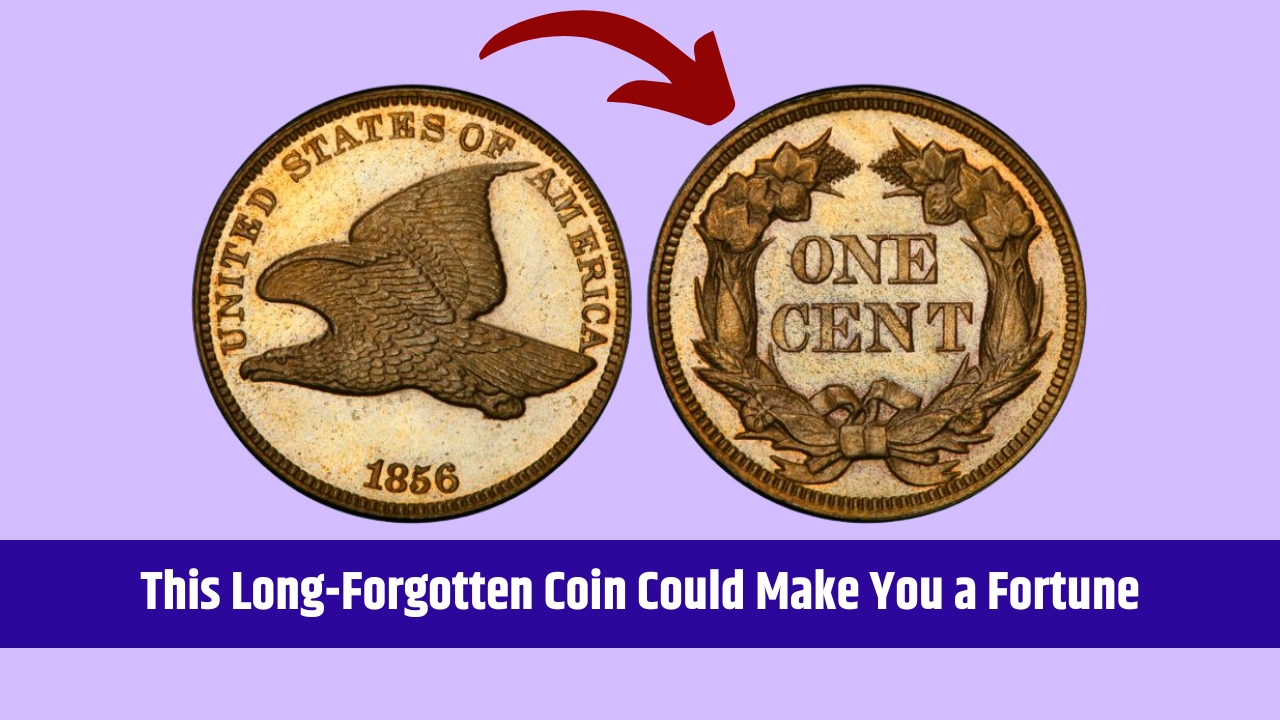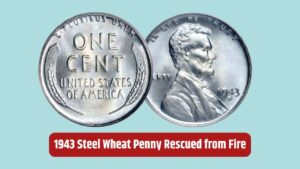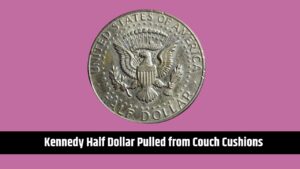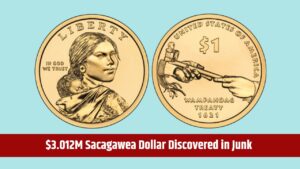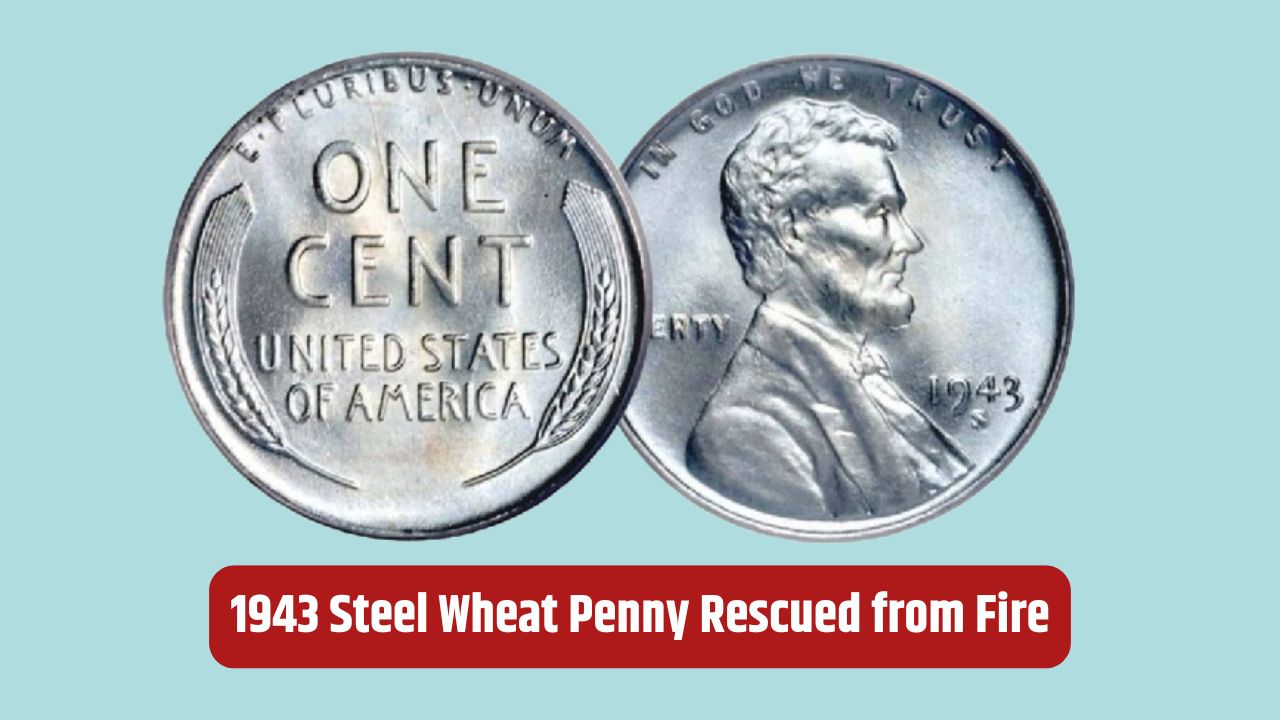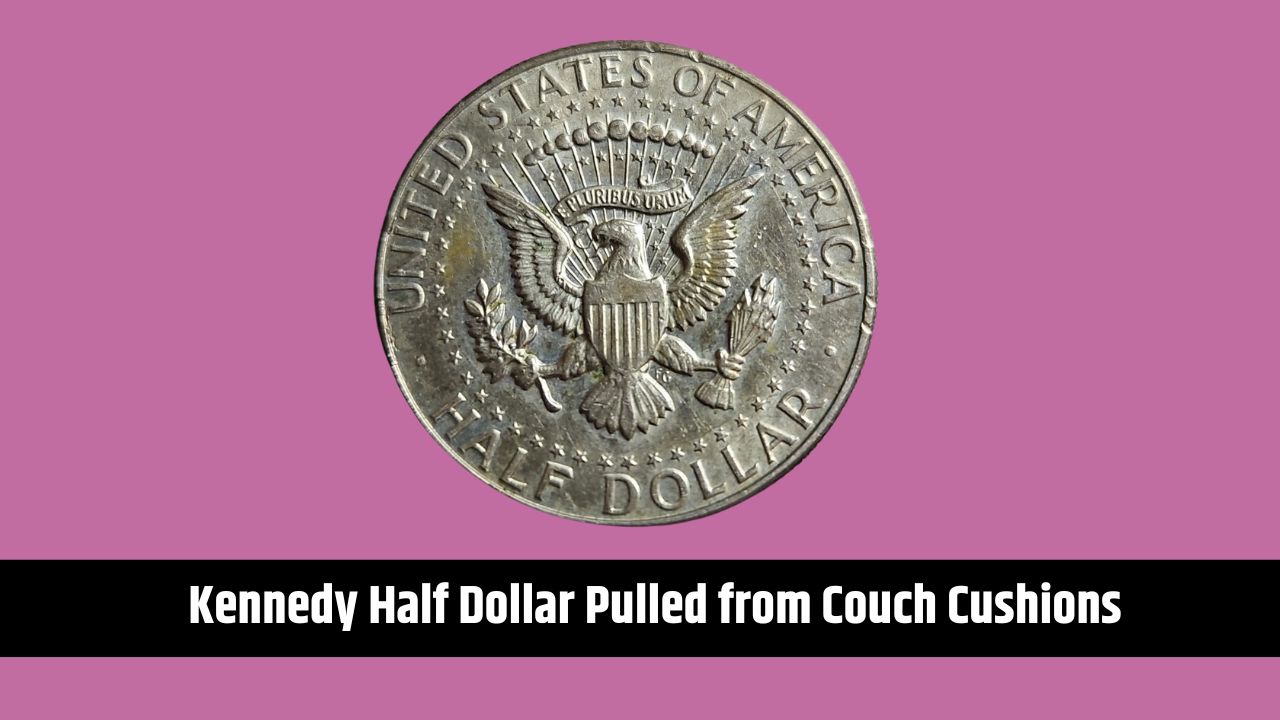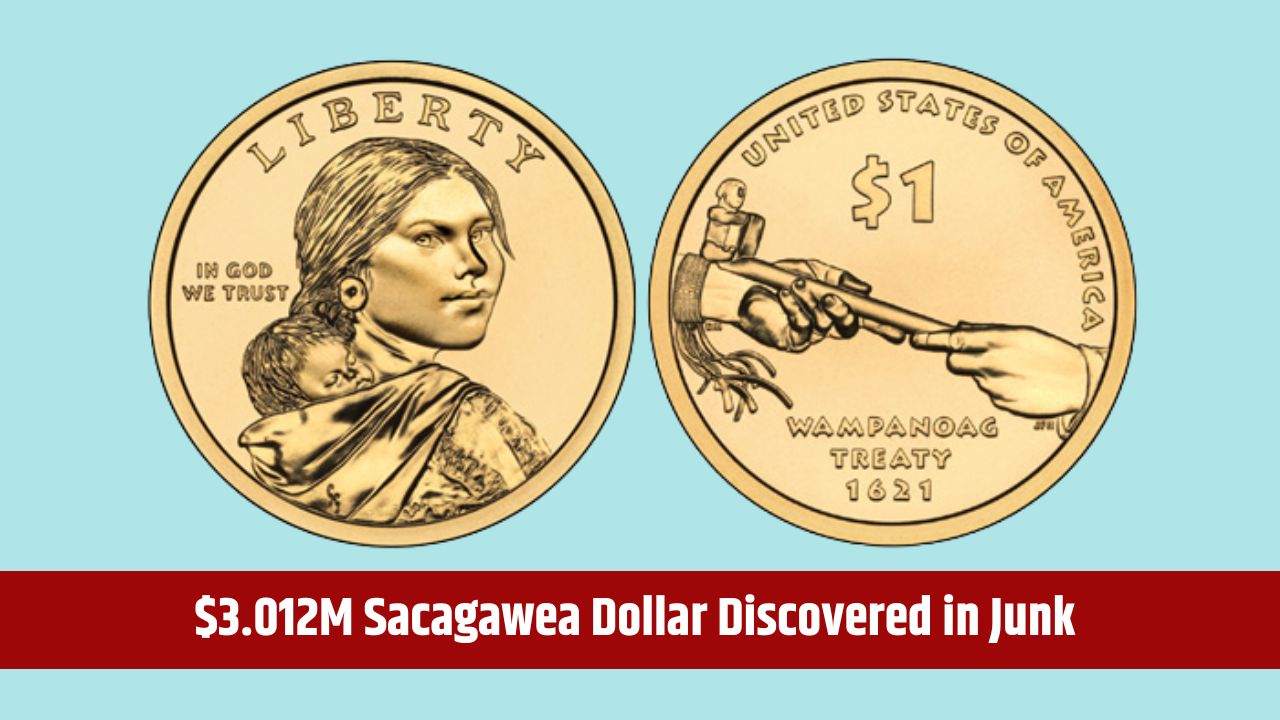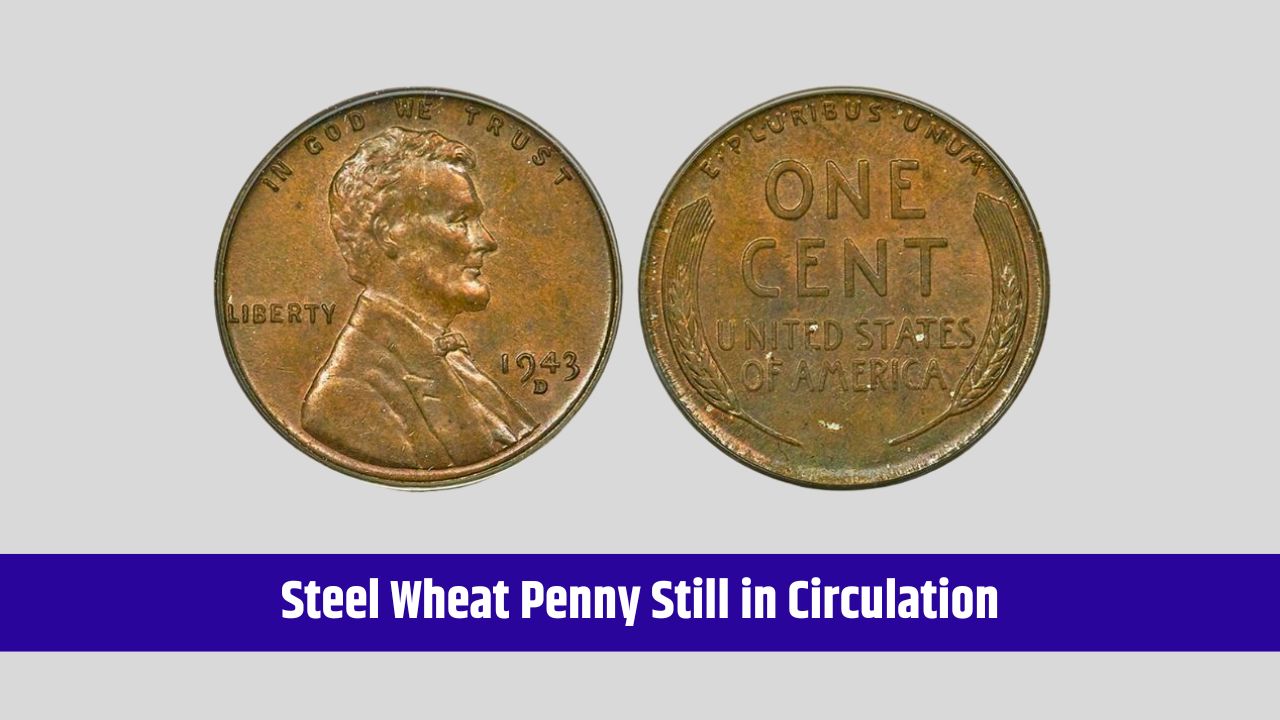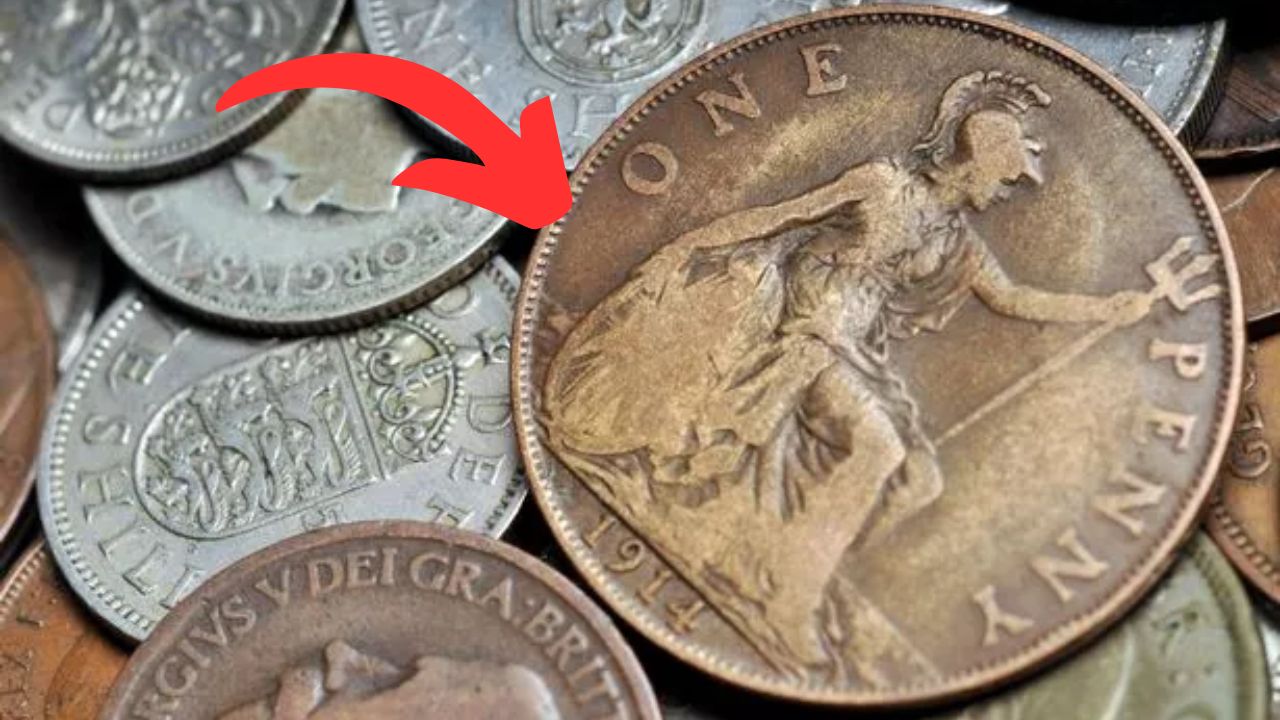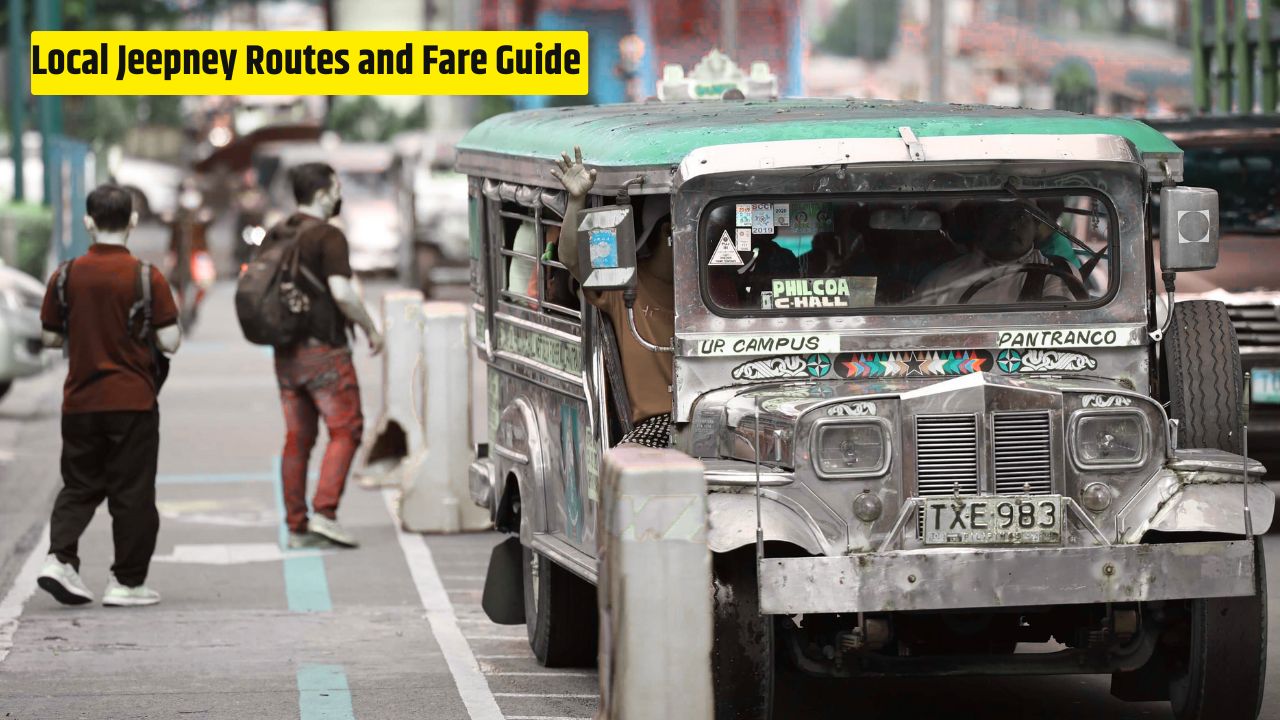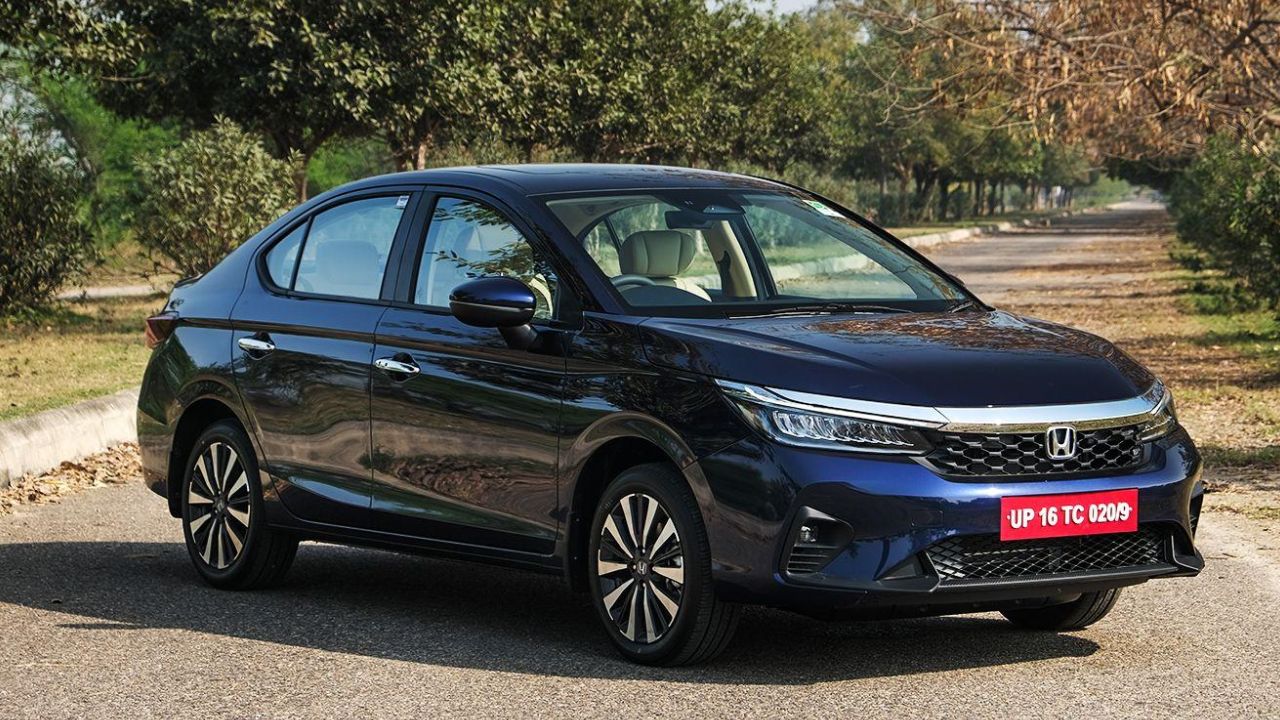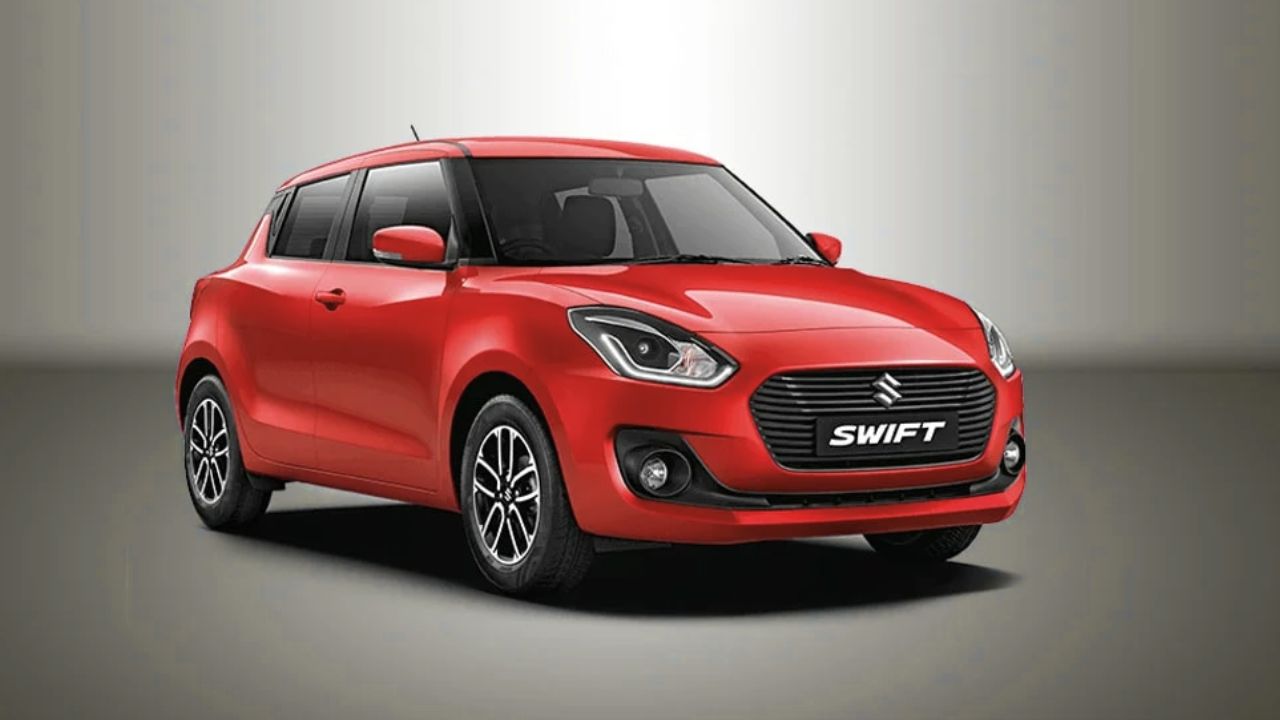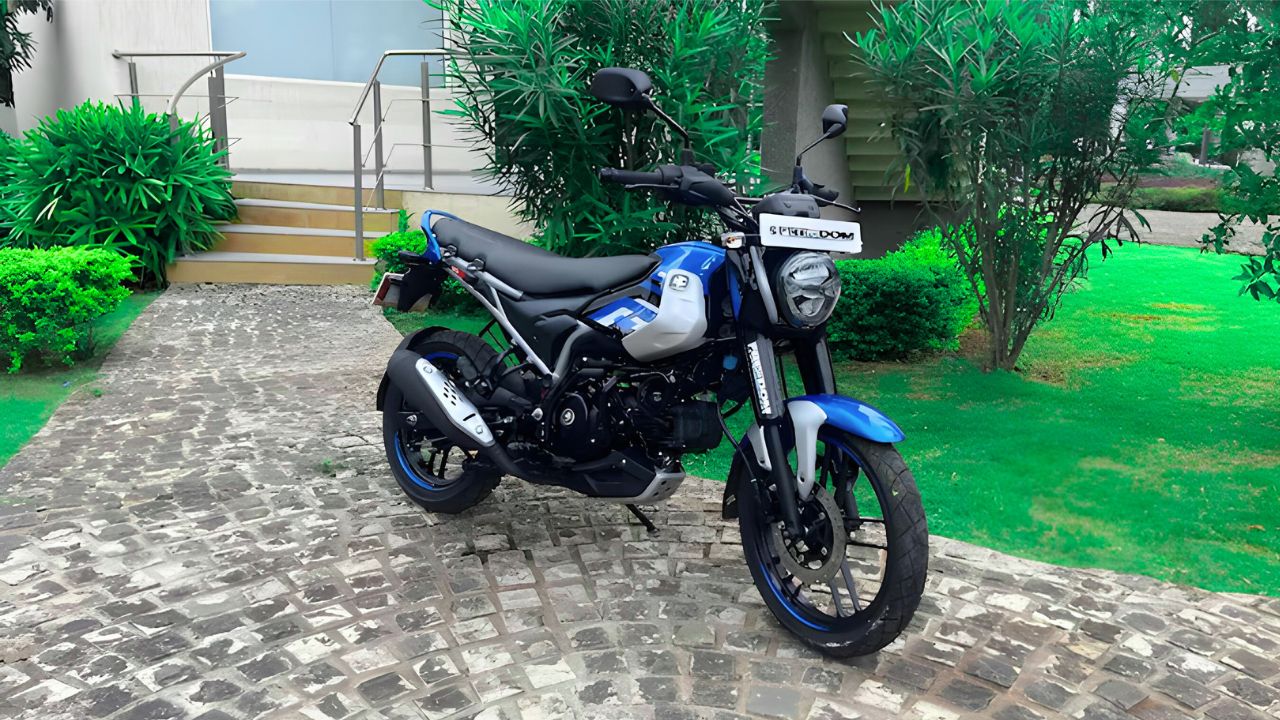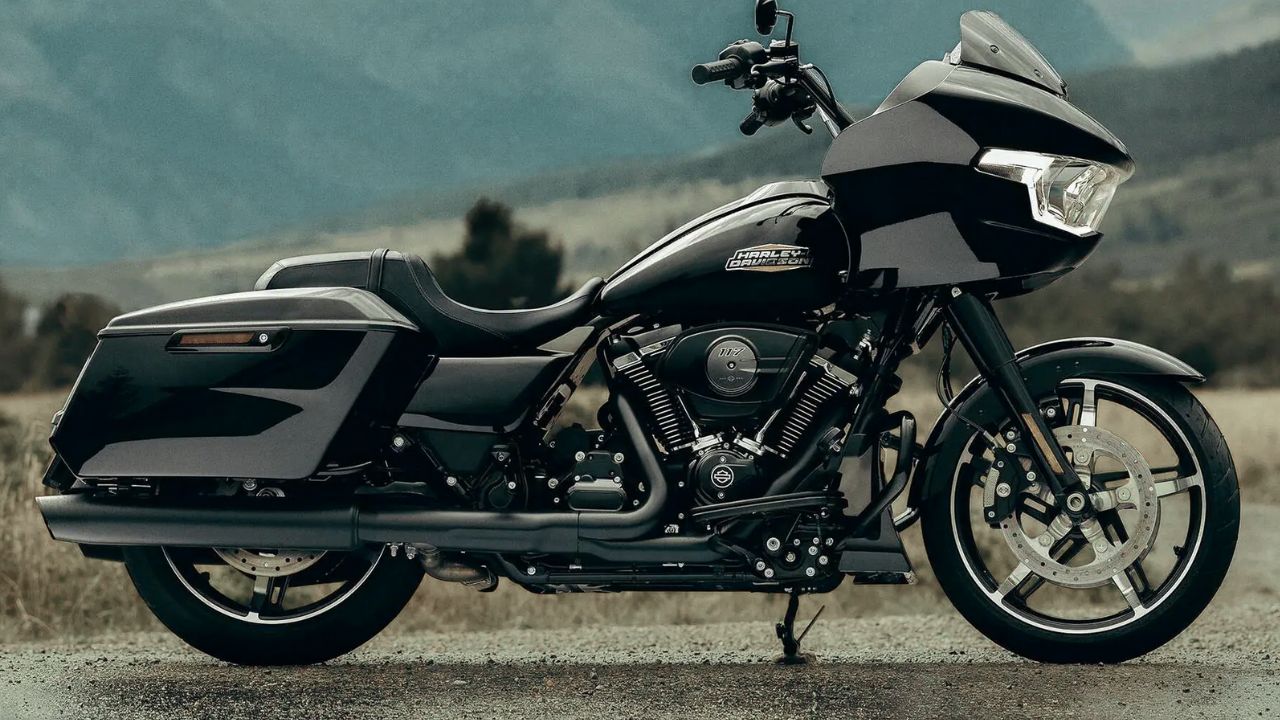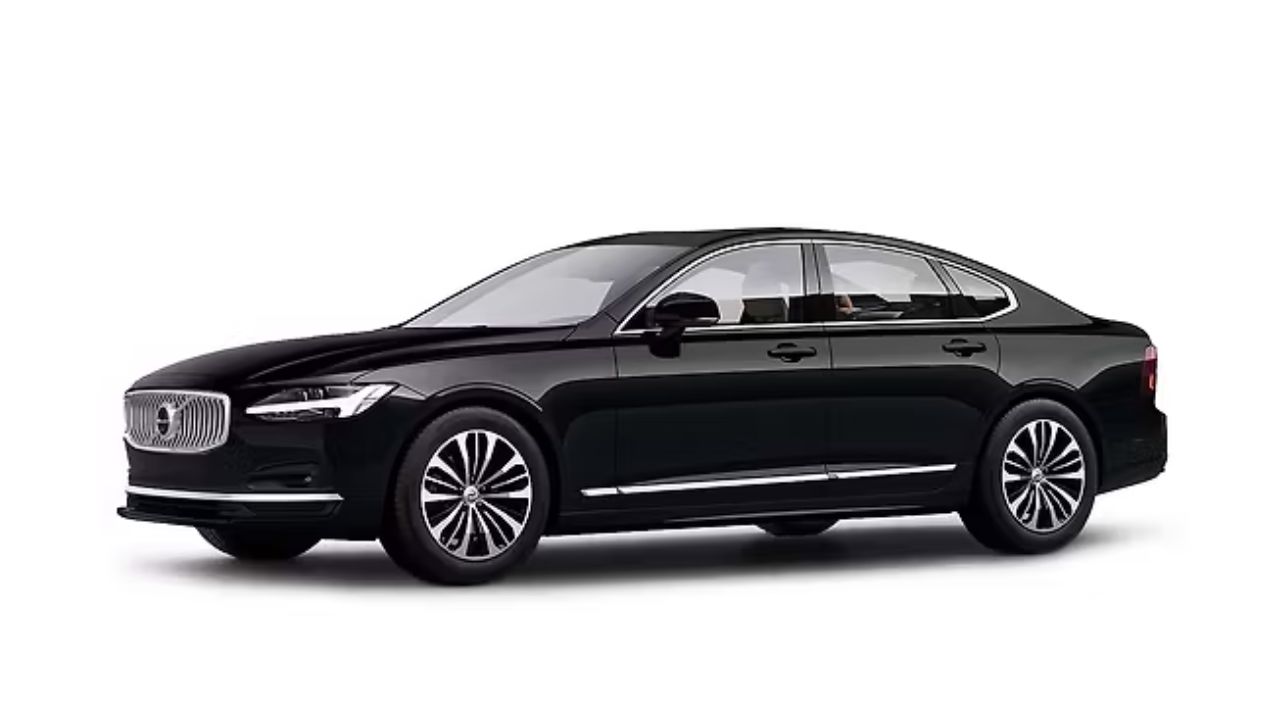A long-overlooked U.S. coin has suddenly become one of the hottest items in the collecting world, igniting a nationwide frenzy. Thanks to a rare minting error, this unassuming coin has been rediscovered and is now selling for over $20,000 at auctions. From living rooms to coin shops, Americans are scouring their spare change in hopes of finding a tiny piece of forgotten history that could lead to a life-changing payday.
Here’s why this coin is so valuable, how to spot one, and how you can join the search.
Why This Coin Is Making Headlines
This isn’t just about age or condition—it’s about a minting mistake that turned a common coin into a rarity. In this case, the U.S. Mint accidentally used the wrong design, metal, or die alignment during production. These flawed coins slipped into circulation unnoticed for years, but once collectors caught wind, the hunt was on.
Some of these error coins are now fetching $20,000 or more at verified auctions. The reason? Extreme scarcity. In some cases, fewer than 50 of these coins are known to exist, making them incredibly desirable to collectors and investors alike.
How to Spot This Rare Coin
You don’t need to be an expert—or own expensive tools—to start hunting. Just a sharp eye and a bit of patience can lead you to a jackpot. Here’s what to watch for:
| Feature to Inspect | What to Look For |
|---|---|
| Date and Design Mismatch | A year that doesn’t match the reverse image or style |
| Mint Mark Errors | Missing mint marks, wrong mint marks, or misaligned placement |
| Blurry or Doubled Text | Signs of double die errors, where letters/numbers appear doubled |
| Strange Metal Tones | Off-color coins may indicate a wrong planchet (e.g., copper instead of nickel) |
| Unusual Weight | Weigh your coin—errors struck on wrong blanks may weigh differently |
If you think you’ve found something unusual, don’t clean it (that can ruin its value). Instead, store it safely and take it to a reputable coin dealer or grading service like PCGS or NGC.
The Coin That Sparked a Frenzy
This national craze exploded after a collector shared photos of their rare error coin on X (formerly Twitter), claiming they found it in a jar of old change. The story went viral, and soon, social media was filled with people sharing tips, comparisons, and excitement. Coin shops have seen a surge in visitors, and online forums are buzzing with activity.
Even local news stations are covering the story, showing families and coin enthusiasts sifting through drawers, glove boxes, and piggy banks in hopes of striking gold.
Ready to Start Searching?
Whether you’re looking for a serious payday or just want to join the fun, getting started is easy. Here’s a simple plan:
| Step | Action |
|---|---|
| Collect Coins | Gather coins from pockets, jars, old wallets, and bank rolls |
| Inspect Closely | Use a magnifying glass to examine lettering, mint marks, and dates |
| Compare Coins | Check against images of known errors online or in coin books |
| Get It Verified | Take any suspicious finds to a certified coin dealer or appraiser |
Stick to trusted coin shops or auction houses—especially if someone online claims they have “the coin” for sale. Fake error coins are a growing problem, and you’ll want a professional to authenticate any rare find.
Could You Be Holding a $20,000 Coin?
The search for this forgotten U.S. coin has become a modern-day treasure hunt. People from all walks of life are now carefully examining their pocket change, hoping to uncover a rare error that’s been quietly circulating for decades.
Even if you don’t hit the jackpot, the journey itself can be fun, educational, and possibly profitable. So why not take a few minutes to go through your coins today? You could be holding a piece of American minting history—and not even know it.
FAQs:
What kind of coin is it?
While the exact coin may vary by region and report, most of the high-value discoveries involve Lincoln cents, Jefferson nickels, or state quarters with mint errors.
How do I know if it’s a real error coin?
Compare your coin to verified error coins on PCGS CoinFacts or NGC Coin Explorer. If unsure, consult a local coin dealer or have it graded professionally.
Can error coins still be found in circulation?
Yes. Many have been discovered in change jars, bank rolls, or even loose change from stores.

